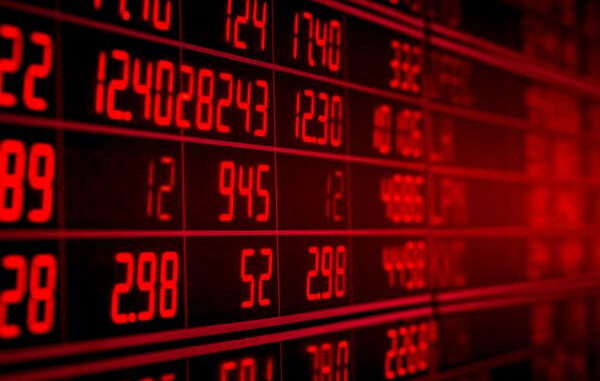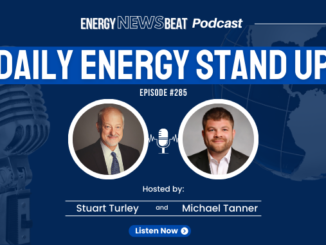
In the recent market tumult, the largest ESG-focused exchange-traded funds in the U.S. are again showing that they are little more than market trackers—with even worse performance.
The iShares ESG Aware MSCI USA (ticker ESGU), which claims to invest in U.S. companies with positive environmental, social and governance characteristics, has dropped 5.3% since the start of the year, slightly worse than the 4.6% decline of the S&P 500.
Seventeen of the $24.7 billion fund’s 20 largest holdings, led by technology stocks, are the same as those with the heaviest weightings in the benchmark U.S. index. The only differences are ESGU owns sizable stakes in PepsiCo Inc., Coca-Cola Co. and Cisco Systems Inc. as opposed to Berkshire Hathaway Inc., Exxon Mobil Corp. and Pfizer Inc.
An analysis of the Vanguard ESG U.S. Stock ETF (ticker ESGV) shows a similar focus on shares of tech companies. About 20.8% of ESGV’s assets are invested in four tech stocks—Apple Inc., Microsoft Corp., Amazon.com Inc. and Alphabet Inc. By comparison, the S&P 500’s weighting in the four leading U.S. technology companies is 20.6%.
Vanguard’s $6.2 billion ETF has fallen 6.5% since the start of the year, almost 2 percentage points more than the S&P 500.
The third biggest ESG-focused fund with ESG in its title is BlackRock Inc.’s iShares MSCI USA ESG Select Social Index ETF (ticker SUSA). The fund’s three top holdings are Apple, Microsoft and Alphabet and it has almost one-third of its $4.1 billion devoted to tech-related companies.
Read more: ESG Market Is Controlled by a Few Big Investors
Of the three funds, ESGU is closest to a market-tracking fund based on the fund’s overall composition, said Shaheen Contractor, an analyst at Bloomberg Intelligence who writes about ESG-focused ETFs.
ESGV shouldn’t be graded against the S&P 500 since they hold a larger proportion of mid-and small-cap stocks, the Contractor said. For ESGV, the appropriate benchmark is the Russell 3000, which has declined 5.2% since the start of the year—less than ESGV.
From an ESG standpoint, it does make some sense that managers of these funds gravitate to tech stocks. Companies like Apple, Microsoft and Amazon.com were among the earliest companies to announce plans to reduce their emissions to net zero by 2050. Microsoft, for example, has received credit from analysts at BloombergNEF for setting targets that go beyond its own operations to address the company’s broader impact on climate and society.
Nevertheless, most investors in ESG ETFs likely would be more comfortable knowing that managers of their funds are focused on adhering to the best environmental, social and corporate governance principles, rather than simply looking for ways not to deviate too far from benchmark stock indexes.
Contractor said considering the level of ESG exposures and the fees charged helps identify reasonably priced ETFs. “ESGU stands out as a strategy that offers low levels of ESG exposure with relatively higher fees, making it an industry laggard,” she said.



